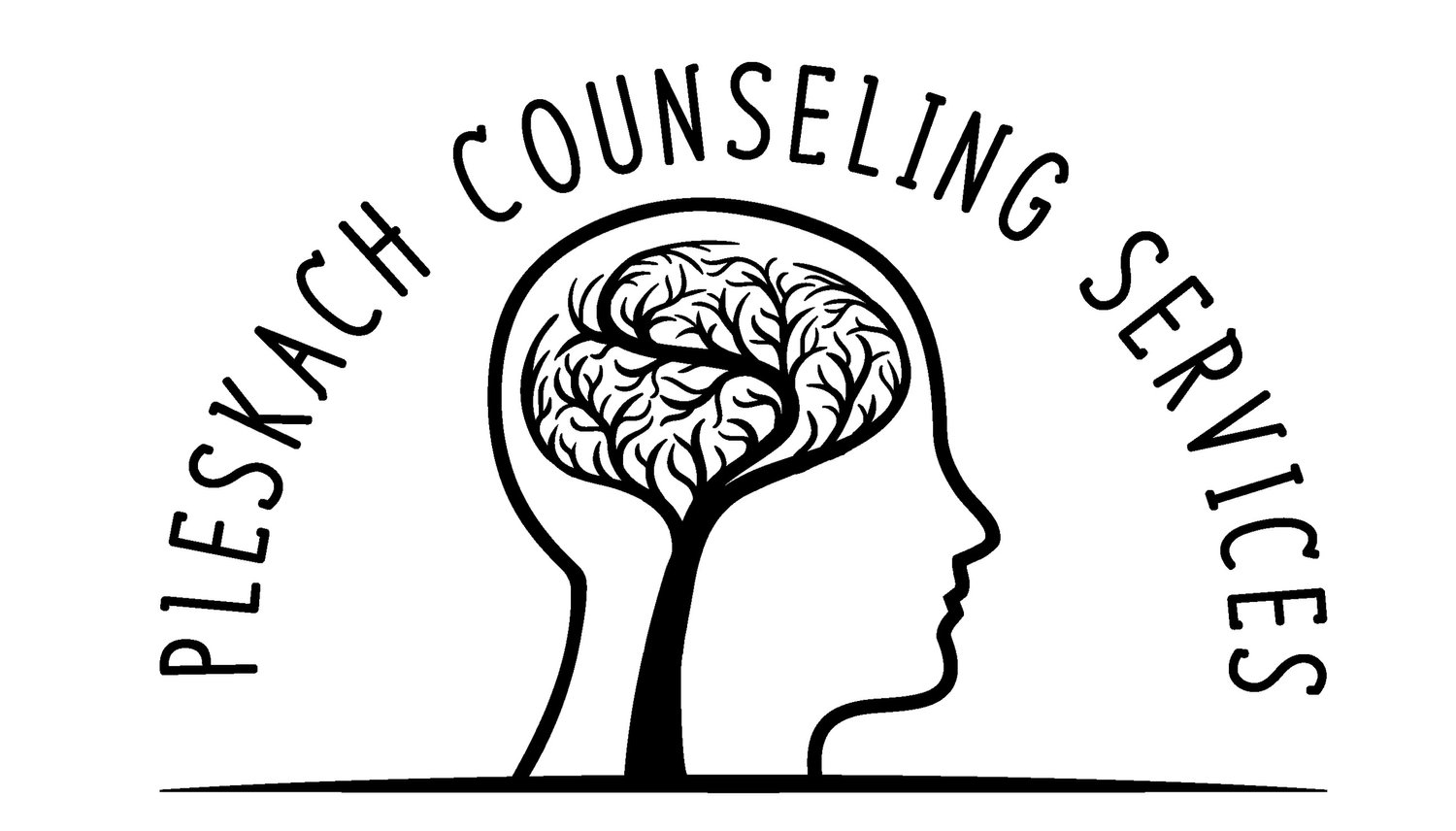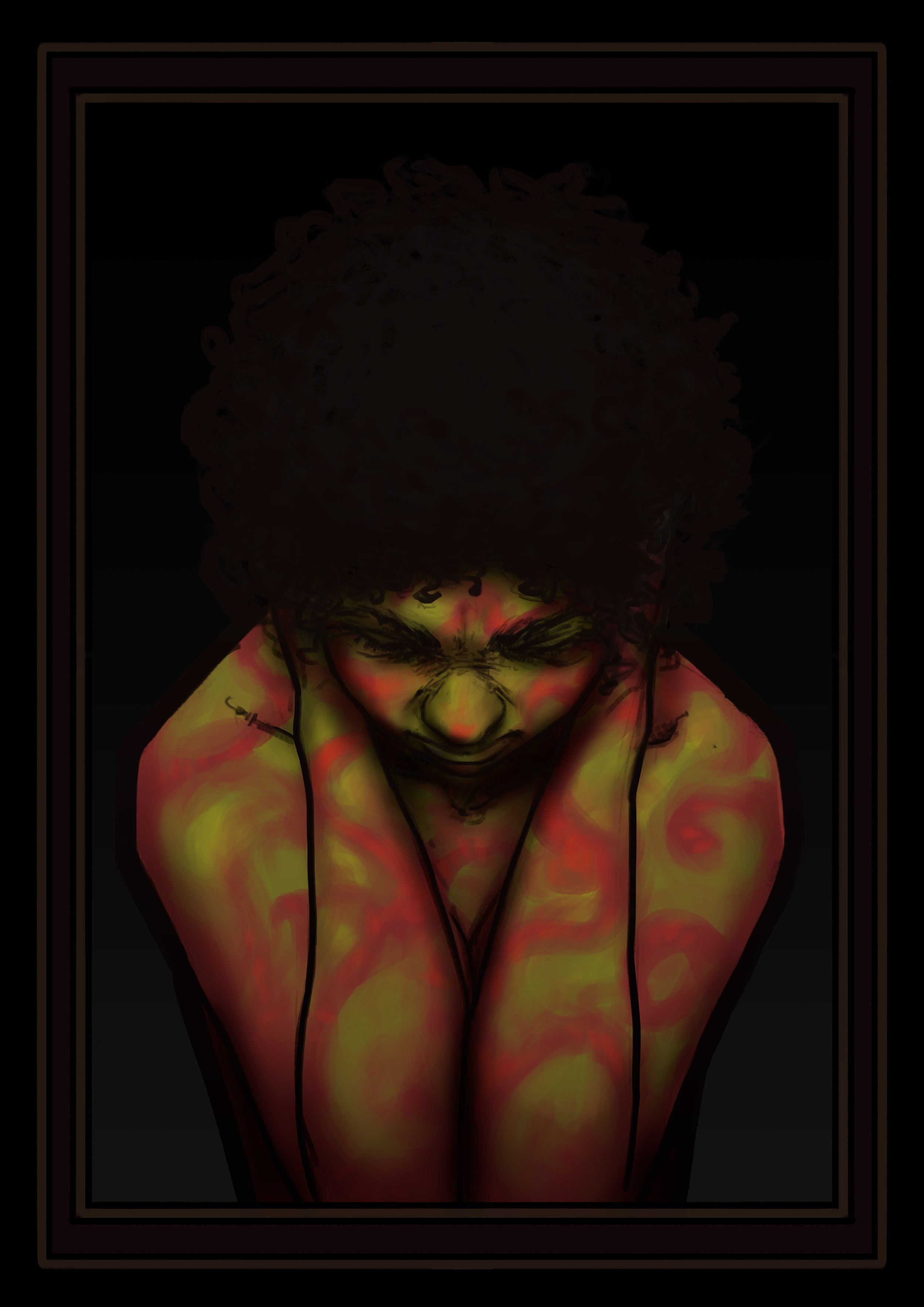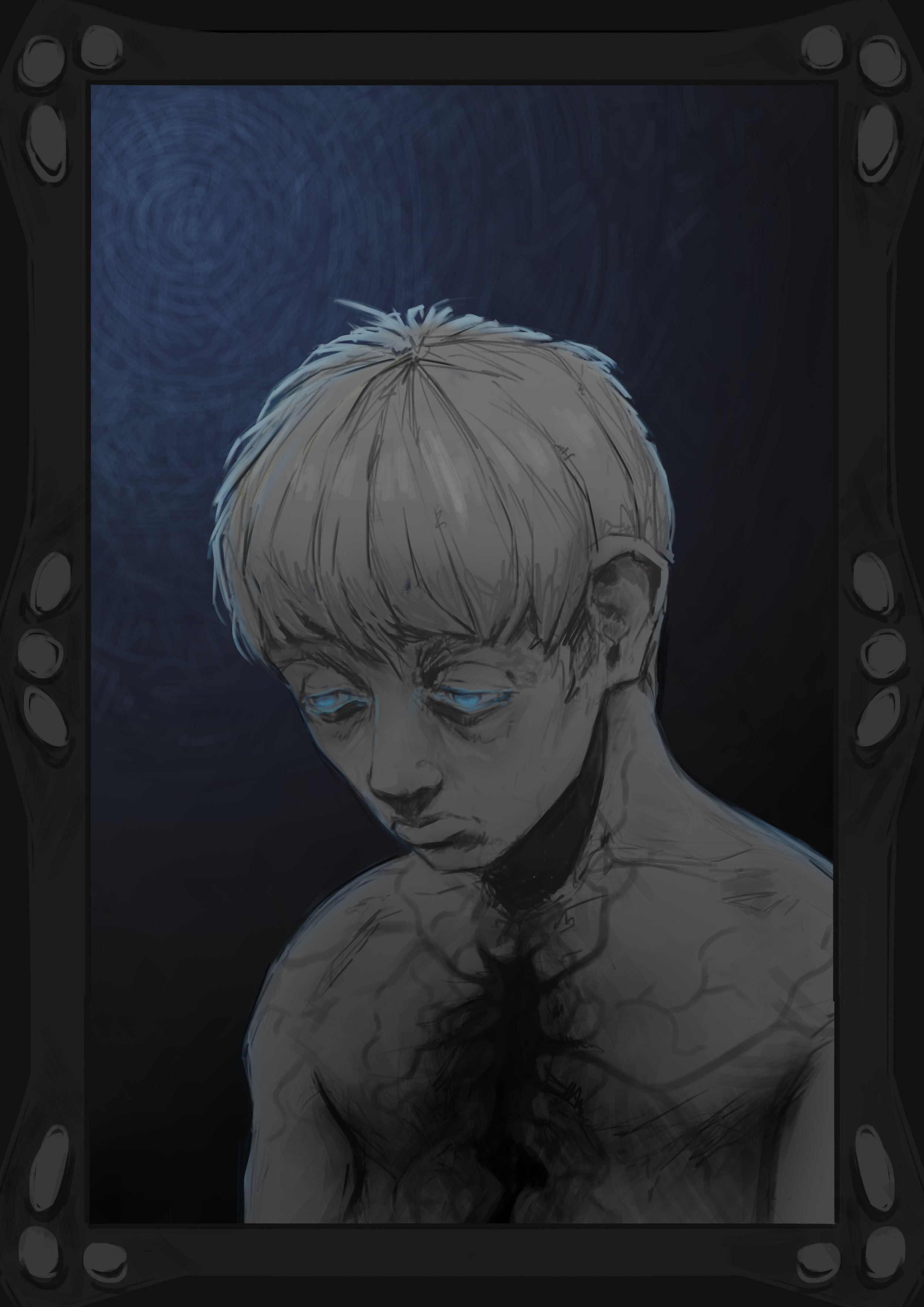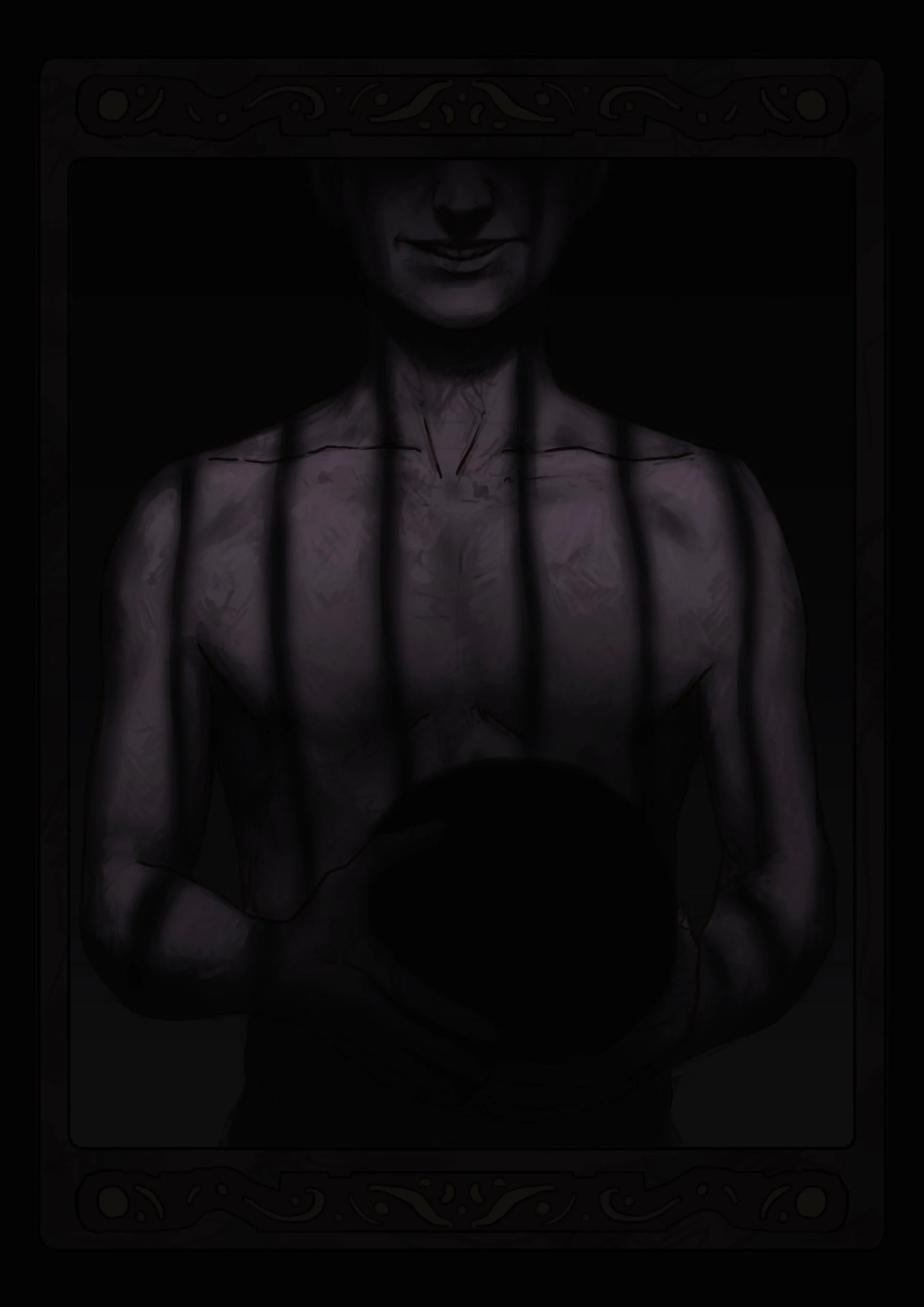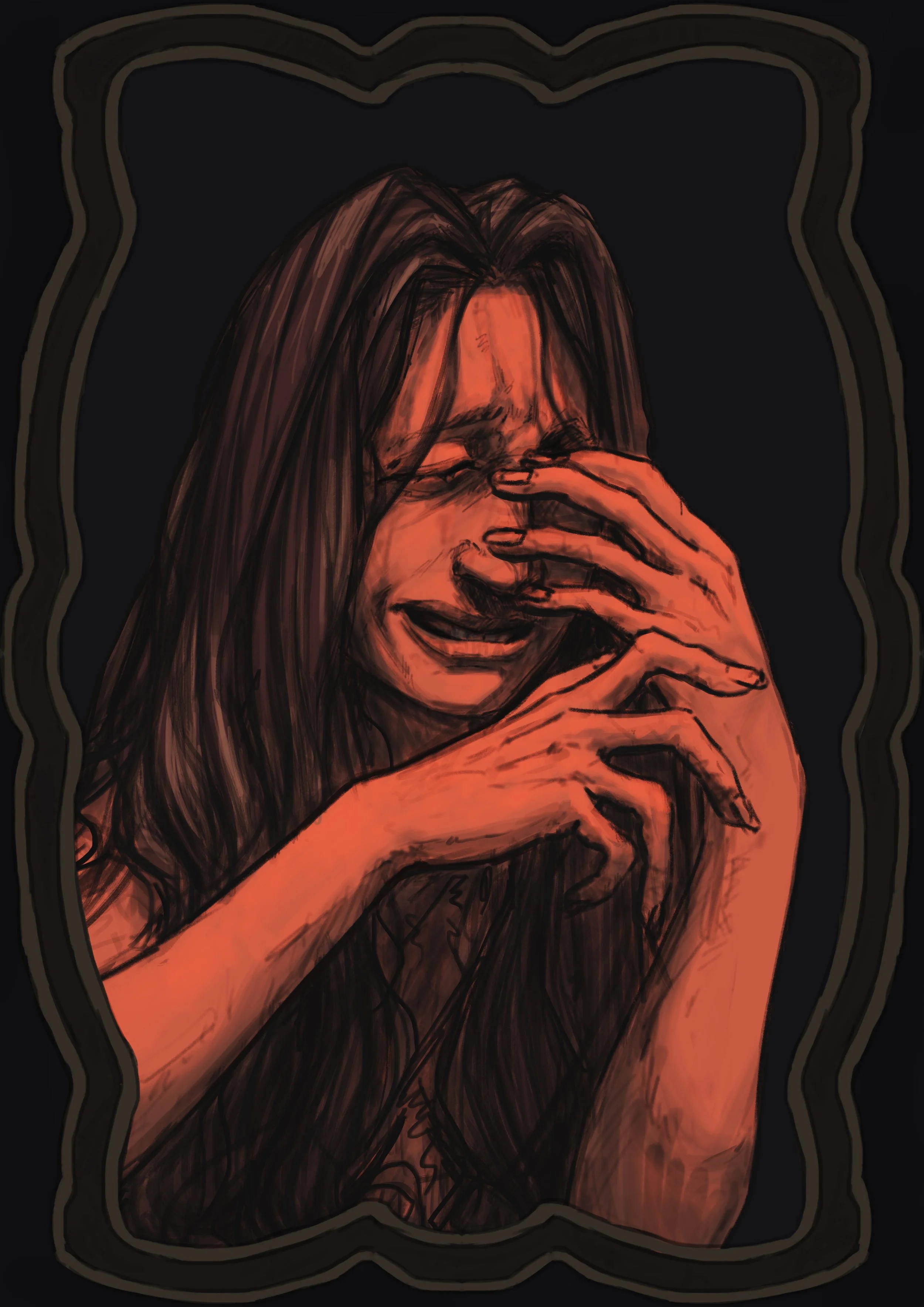The myth and the Mirrors of Disorder
There is an ongoing myth that only crazy people seek shrinks; the twist is that we are all crazy in our own special ways.
The problem becomes when our quirks, internal issues and even coping skills become more than we can handle. This section will hopefully ease some concerns about what you are going through by putting them into words.
This list does not contain every single disorder and is not intended to be used for self-diagnosis.Anxiety
A very overused word that typically means different things to different people. The way anxiety is more commonly identified in our heads is by the following:
Racing thoughts
Obsessing over the future
Avoiding things, places, people, tasks
Imagining the worse case scenario
Obsessing over the worse case scenario
Marrying the worse case scenario
Inability to concentrate and/or maintain focus
Difficulty with making decisions
Panic attacks- “Help! I can’t breathe and feel like I’m going to die! Call 911!!!”
Depression
Another overused word. Depression is anxiety’s sibling. These are some of the following ways that this illness can be spotted:
Inability and/or difficulty getting out of bed
Losing pleasure in things that we like(d)
Low energy and/or fatigue
People telling you- “stop being sad”
Lack of concentration
Poor appetite that results in significant weight loss
Feeling suicidal, such as wanting to kill yourself, wanting to die or not being here
Severe depression may lead to suicidal thinking. If this is something that you are experiencing chronically, please seek help. If therapy is not a readily-available option, you can start by telling somebody you feel safe with. Please dial 988 for the suicide and crisis hotline if loved ones are not within reach. If it is an emergency please dial 911, help is always there.
Addiction
A judged concept! My personal definition of addiction is any coping skill that we use that begins to hurt us, rather than help us AND we continue to use it. The defining aspect though is that it CAN be out-of-control.
Some types of addictions are: substance-use (drugs), alcohol, sex, affection, shopping, relationships and so on
We can see the signs of an addiction in a number of ways:
Can’t feel pleasure when we are not engaging in the behavior
Cannot stop the behavior and/or have tried to stop multiple times
Pursue the behavior at great personal cost towards our physical and mental health, relationships, work, school, etc
Feel empty when we picture our life without the problematic behavior
Trauma
Unlike the above three conditions, trauma is in a league of its own. In order to understand trauma, we have to understand who we are as people and how we have been hurt by life. A (very) reductionist understanding of trauma - when we are overwhelmed by something to the point where we have lost power in the situation and we know it, we linger on it…
These situations traditionally occur in childhood, but also surface in our journey into adulthood and even adulthood itself.
The common situations that increase the risk of trauma and may form into Post Traumatic Stress Disorder (PTSD) are:
Loss of a loved one under terrible circumstances
grievous bodily, emotional, psychological injury
sexual abuse and/or assault
Being exposed to graphic violence and other associated circumstances
Trauma is alive and it sustains itself through avoidance, both physical and psychological, of whatever the circumstances that formed it. As a result, the person is unable to learn from the experience in a way that makes them live life in a healthier and adaptable manner.
As a result, people may begin experiencing symptoms of anxiety, depression and addiction as a direct response to trauma.
Overcoming trauma is not like brushing off a cold. It lingers like painful psychic scarring. Extensive treatment and support can help in restoring power to the individual of which the traumatic incident had robbed them of.
